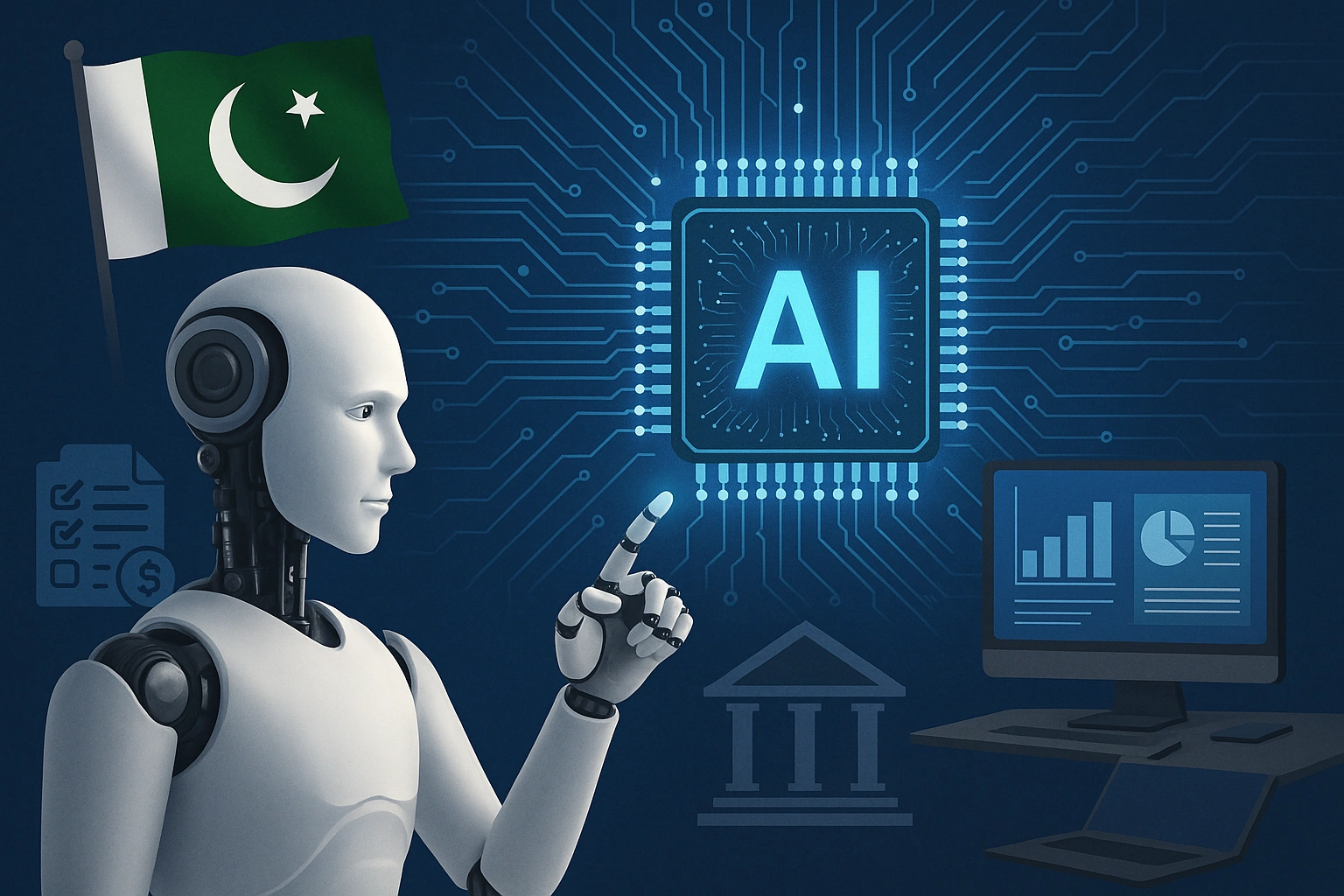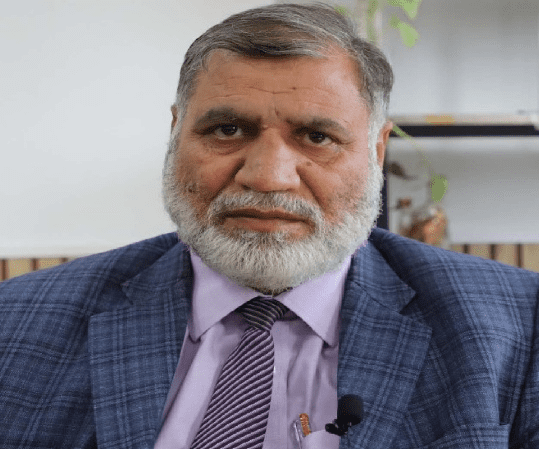In the world that is characterised by the high pace of technological innovations, countries worldwide are making use of artificial intelligence (AI) to enhance governance, increase transparency and economic growth. Pakistan has very recently made a massive step in that direction, introducing an AI based system of customs clearance and risk management of sorts by the Federal Board of Revenue (FBR) as per the orders of Prime Minister Shehbaz Sharif.
The innovational staged shift is to change the tax system in the country by making it even less human based, less corrupt and more efficient in operating the trade related operations by smart usage of the modern technologies.
A Technological Leap Forward
The new system employs the use of Artificial intelligence and bots in evaluating the cost and the nature of the imported and exported goods. In automating this most important part of customs operations the system not only increases its counterpart, accuracy and efficiency but also greatly reduces the possibility of either human error or manipulation.
Machine learning they also integrate machine learning so that the system can continually update its algorithms over time depending on patterns in training data, enhancing predictive performance with time. In a top rank briefing presided by Prime Minister Shehbaz Sharif, it was announced that the first step of the test produced impressive outcomes. About 92 percent increased number of goods declarations was detected correctly and one and a half times more customs clearances occurred via green channel. These figures point to the fact that AI can lead to real changes in government operation and to economic stability of the country.
Promoting Transparency and Efficiency
Transparency is one of the main goals of the introduction of AI in the tax system and this factor is repeatedly mentioned by Prime Minister Shebaz Sharif in his speeches and policies. The new system that cuts the excessive dependence on manual system also reduces chances of corruption that have long been a problem to the custom and tax administration in Pakistan.
By its essence, AI will be free of subjective bases and stand to base its work on data driven logic which will make it a perfect tool to facilitate the anti-corruption policy of the government.
Moreover, the process of transporting goods to the ports will be fast tracked with the help of AI based customs clearance system that will ease delays in moving goods and unnecessary expenses connected with person work including bureaucracy overhead. Such efficiency not only helps government agencies but also is a major help to those who deal in import as well as exports, hence improving the overall business environment out in Pakistan.
Economic Revival through Digital
AI implementation in the customs falls under the umbrella of the overall digitalization strategy of revitalizing the moribund economy of Pakistan. Because of one of the most severe ruptures with the economy in the country since ancient times, the government has been most ardently advancing digital solutions in the financial and commercial domains.
Efforts like online transactions, online bill payments and online investment choices are an indication of the change to a more modern, inclusive and technological economic system. This paradigm shift conforms to the worldwide pattern under which digitization in the economy has been identified to be a source of economic growth. Through inclusion of AI in fundamental government services such as tax management, Pakistan does not only enhance the level of revenue generation but also creates a very positive impression in the minds of investors and foreign stakeholders of the government in respect to good governance and modernisation.
Challenges and the Road Ahead
Although having the customs and tax systems operating with the help of AI is an excellent accomplishment, it is not left without some difficulties. You can’t just hit the very rooted culture of corruption in the government departments merely with the help of technology. It should go hand in hand with an institutional reformation, accountability and capacity building in the workforce to be able to integrate with new digital tools.
Also, effective infrastructure, stable internet services and high security levels require such systems to be more successful. Being secure and making sure sensitive trade information is secure should be at the top of the agenda as the system develops and grows.
The re skilling and training of the government officials is also essential. Lack of proper knowledge on the working system of AI systems may lead to a scenario where people will be resistant to its operation or rather abuse it by the people who are used to the old ways of doing things. The reform process therefore ought to embrace capacity building.
A Vision for Sustainable Development
The interest of Prime Minister Shehbaz Sharif in the integration of technology into the state process indicates a progressive approach to the nation building. Customs clearance system powered by artificial intelligence (AI) is not only a digital instrument, but it should be viewed as a step forward to a transparent, efficient and dynamic economy.
When properly introduced along with systemic changes, this project would be an example to the rest of the industries and would be used to build the basis of sustainable development in the long run. Pakistan needs to stand in a sensitive, dynamic stance to capitalize on all the potential of this change.
The development of the system should be monitored, and technical mistakes should also be fixed as soon as they occur, algorithms should also be improved according to the feedback provided by the real world to ascertain that the system remains in the developmental process and is still meeting its purpose. The use of artificial intelligence in the customs and tax systems in Pakistan is the indicator of great progress in the process of modernization of this country.
The new system has the prospect of increasing the efficiency of trade, reduce corruption and enhance economic resilience by automating some key processes and consequently increasing transparency. Nonetheless, institutional reforms and a long-term strategic planning should also ensue this technological development. A comprehensive and vigilant approach is the only way through which Pakistan can make use of the AI in its full potential to generate a prosperous and fair future.








